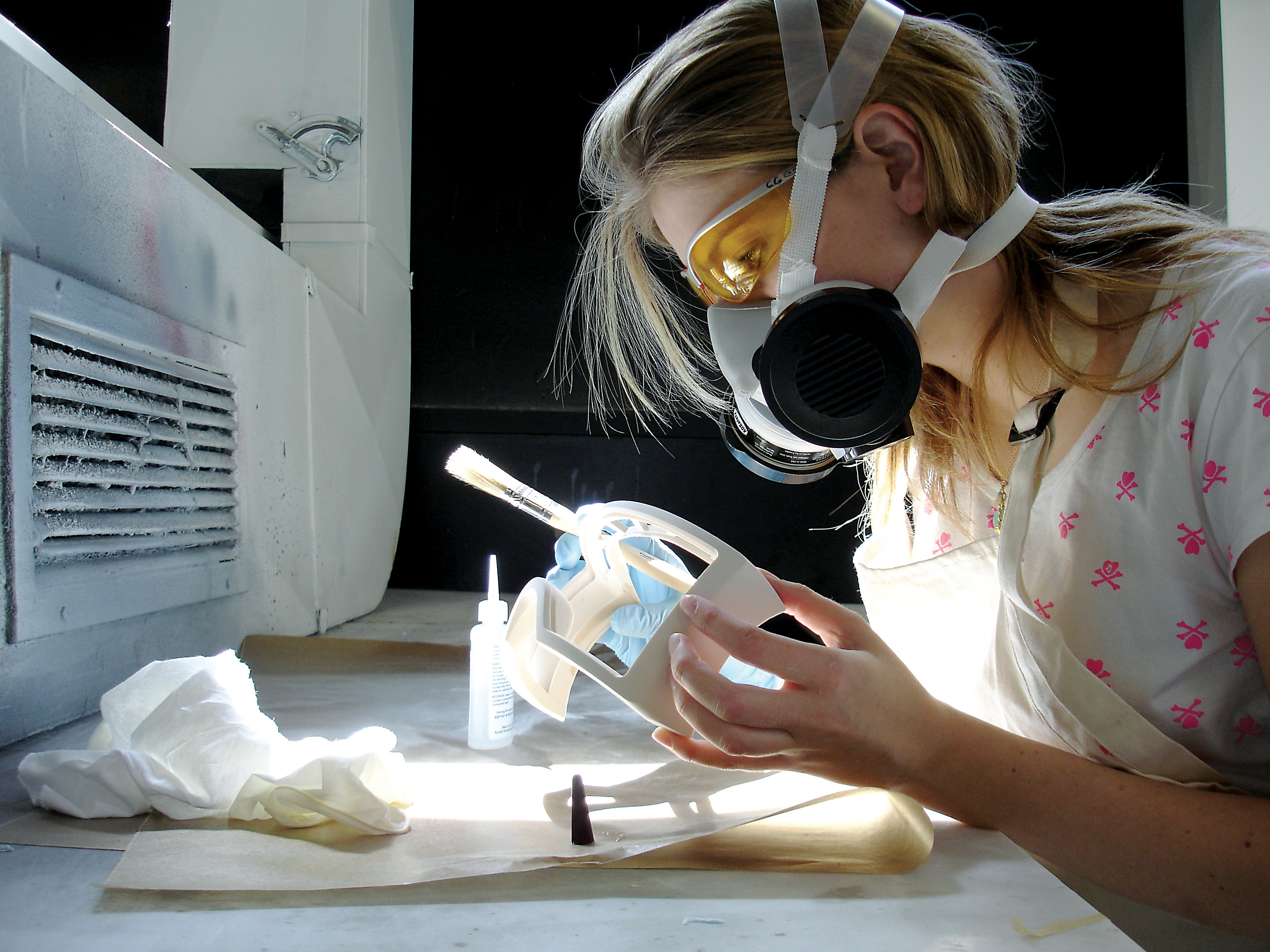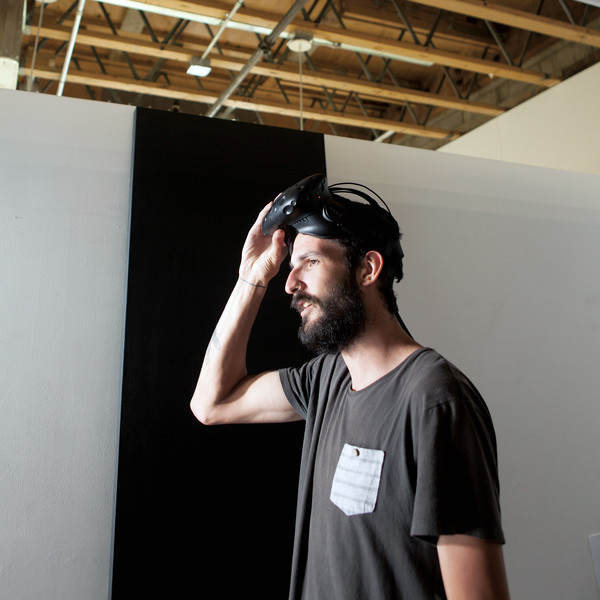feature / alumni / faculty / students / industrial-design / product-design / internships
April 15, 2014
New grad program: Innovation Systems Design
“The best way to predict the future is to create it,” said Peter F. Drucker, widely known as the father of modern management.
ArtCenter’s Graduate Industrial Design (Grad ID) Department, led by Chair Andy Ogden, has entered into a partnership with the Peter F. Drucker and Masatoshi Ito Graduate School of Management to create a new dual- degree Innovation Systems Design (ISD) program that will confer to graduates an MS degree from ArtCenter and an MBA from Drucker, preparing them for future leadership roles.
“Tomorrow’s innovators will need both design skills and business acumen to thrive in a global marketplace characterized by heightened competition and accelerated change,” says Ogden, co-executive director of the ISD program. “Exposing designers to these two completely different cultures is necessary in order to train business leaders who can lead the multidisciplinary teams that will create the future.”
The ISD curriculum, which can be completed in two years, provides students with an immersive ArtCenter design education in the first three terms, followed by an immersive business education at the Drucker School over the next two terms. The final term requires completion of a thesis project.
Tomorrow’s innovators will need both design skills and business acumen to thrive in a global marketplace characterized by heightened competition and accelerated change.
Andy OgdenChair, Graduate Industrial Design (Grad ID) Department
Michelle Cheng, daughter of Product Design alumni John and Laura Cheng (BS 74 and BS 76, respectively), is part of the program’s first cohort set to graduate this year. Even though Michelle was born into the world of design, she began her college career with a focus on business, excited about the potential of being an entrepreneur and tackling new and complex business problems emerging from the digital revolution. She was eager to learn how to analyze problems and to come up with strategic and innovative solutions.
In 2008, Michelle began an internship with a major music retailer that was struggling with the disruptive impact of digital music and streaming video. She was surprised to discover that the organization was unprepared for this shift, and she found it difficult to contribute the creative abilities she knew she could offer.
To better position herself as a creative, Michelle enrolled at ArtCenter, beginning her studies in the undergraduate Product Design Department and then transferring to Grad ID. Seeking an education that would bring together her interests in both business and design, she joined the pilot class for the ISD program.
For next-gen designers like Michelle, the ISD program employs both theory and applied practice to prepare them for professional success.
“Grad ID taught me to take a heuristic approach to the creative process in order to generate meaningful, strategic solutions to a big-picture problem,” says Cheng. “ISD gave me the quantitative tools to thoroughly analyze the current marketplace and provided me with the confidence to make smarter business decisions.”
Entering the workforce as a graduate of the ISD program, skilled in design and knowledgeable in business, Michelle intends to seek out opportunities where she can add value in dynamic technology R&D environments, specifically focusing on the adapting and maturing UI and UX spaces.
“I am looking forward to creating the next chapter in my future,” she says.







